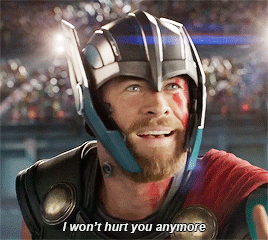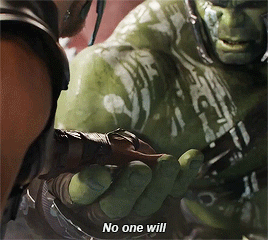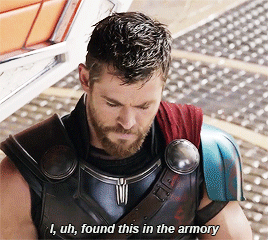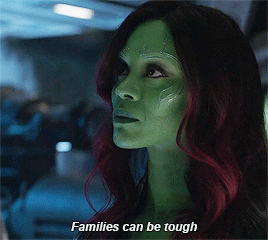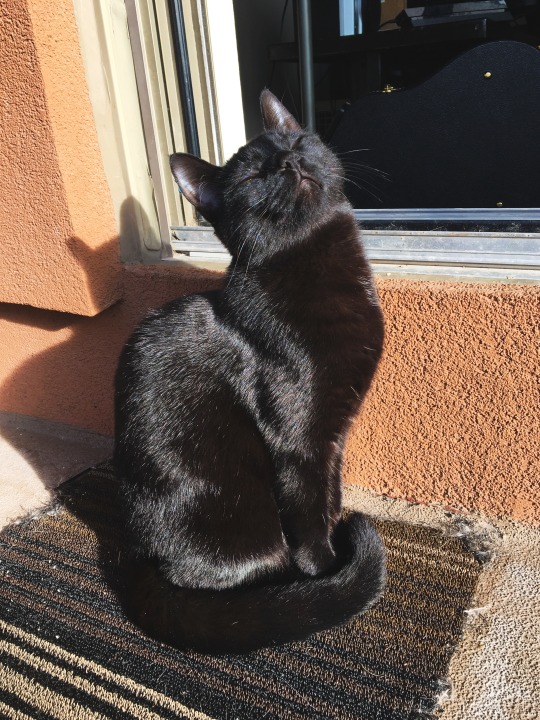Don't wanna be here? Send us removal request.
Text
Writing? In my life? It's more likely than you think.
As writers we’d like to think that our craft is esoteric, something that not a whole lot of the world experiences. Or maybe that’s hipsters. Either way, in a world accelerating toward a more technological future, certain things tend to fall by the way side.
But that’s only what they want you to think.
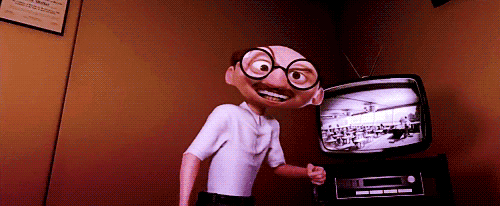
Who wants you to think that? No clue, but it’s a good hook. It’s got the conspiracy edge I’m looking for.
Writing has its meaning that’s ever evolving, ever changing, and even ever more personalized. I think that’s evident when looking through the internet seeing the rapid change from one medium of writing to the next. Writing (and reading, by extension) aren’t just what the academy has tried to enlighten me with.
People ask, all the time: how does this weird ass math problem going to apply to my everyday life? When am I just gonna suddenly have 25 watermelons and why does Brenda want half of them?
But, I don’t often here that applied to English courses and maybe because people have this idea that they’re going to be writing these types of papers all of their lives. In reality, they won’t and it’s created such a disconnect within myself personally between academic writing and personal writing. Which, makes sense, but I think it honestly perpetuates this idea that my passions can only be conveyed through personal writing, which won’t ever be seen by anyone but myself and a random assortment of my friends and peers. It’s a subconscious idea that, while I may not like it and have apathy toward it, it’s somehow more important than my personal writing, which conveys my sense of self and my identity far more.
But, this intro is getting severely long. The main concept I’m trying to drive here is attempting to reconcile the ways in which I write academically versus how I write personally through this weird, but cool idea: Threshold Concepts.
Writing 2: Electric Boogaloo and the Threshold Concepts

First, you gotta understand what a threshold concept is, then understand what it means in writing. As I see it, a threshold concept provides a rough layout of how individuals can perceive a certain field of thinking or doing. It’s like living in your own little house of writing and thinking, “I could use a window right there,” and then implementing that idea. Now, with that window, you have a new perspective of the landscape you previously didn’t have. But! You also have a new way of looking in. Threshold concepts, to me, act in such a way that they change the way we view certain aspects of our world, which also changes the way we look at other concepts.
On the other hand, it’s also irreversible. You can always put the wall back, but threshold concepts don’t really work in that way. It’s like seeing the color blue. Suddenly, there’s a new way to look at things, but you can’t quite remove that new way. It’ll be there, always. In this way, like most things concerning change, it’s resisted and looked at in a combative light, as if it were aggressively taking something away. It’s only taking ignorance away, which can be overwhelming and hard to get used to. But, on the bright side, it’s not as if it changes everything and uproots an entire idea. It’s like that window, it only provides another way of looking at something and it even changes how we perceive some things, but that doesn’t always affect and change everything around us.
Just like changing a traditionally white character and making them PoC. It’s a new perspective, but ultimately it’s not really harmful and in fact helps us see the world in a newer light. But people hate it because ‘muh white privilege!’
Ultimately it’s about me. It always has been. Me! Me! Me!
While this serves as a guide in how we see writing and its effects on the world, this whole project is ultimately a journal about myself and me and my writing. Though, I do like that added bonus. If anything, I’d want it to help people see writing as more than just an academic thing or something that’s niche. We all write and writing affects us in numerous ways. In a sense, we all employ these threshold concepts and it’s good to metacognate. I coined that term. It’s mine and it’s my verb form of metacognition—but you can use it whoever’s reading this thing. It makes use not only better writers, but better people ‘cause introspection is hard and it’s hard to take responsibility for some of the things you do. I mean, that’s blatantly obvious in our current culture, isn’t it? I’m getting on a tangent, but before I get back on topic: it’s really easy to point fingers at people, but it’s really hard to point fingers at one’s self, which is why identifying and combating one’s own privilege and realizing that intersectionality exists is a really fucking hard thing to do and even I have trouble with it as a cisgendered male.
Anyways, back to those threshold concepts that apply to my own writing:
2.2 Genres are Enacted by Writers and Readers - Like all popular culture, genre is informed by what people want and are open to the most at any given time. But it’s also a habitual experience that sets itself firmly in areas of our world. Genres are more than just ‘sci-fi’ or ‘fantasy’ or any number of things you see at Barns and Nobles. Genres are modes where we produce our writing from the academic essay to fan-fiction and the subgenres therein. Through society and our culture, these genres are continuously built upon even though they sometimes stagnant, and no genres pop up throughout time.
2.5 Writing is Performative - Performing in one’s writing depends on genre and audience. It draws back to the fact that 1.0 Writing is a Social and Rhetorical Activity because we analyze who we’re writing to and thus we change our style to reflect that. We write to get good grades, to blow people’s minds, to satisfy our own kinks. Writing is an act in which we perform a self that we can’t in our every day lives, or that we need to in our jobs or school work.
3.1 Writing is Linked to Identity - That leads wonderfully into identity and writing. It builds off of the previous concept through the idea that the communities we engage with develop and evolve our identities within our own writing. We find our identities in the genres we produce and sometimes we detach ourselves almost outright from other genres. Even that is molding and perceiving an identity within writing because it tells us what modes of writing is more important to us and which genres and mediums we comfortably display our identities in.
4.0 All Writers Have More to Learn - Honestly, this one’s self explanatory, but we always think that writing is just an ability that people have or don’t, or that people can learn and be done with. But, writing lends itself to various mediums, genres, modes, and so on. Writing can’t just be perceived as only a tree stump that you can check off a list. Rather, writing is a number of branches stemming from one central core: rhetoric. And we constantly learn and adapt our writing to fit various ideas and to connect to various audiences. If writing were to stagnate, then we’d fail to convey even the simplest ideas in our ever evolving future. Thus, writing can only evolve and people can evolve with it.
But what about muh writing?
These four threshold concepts are ones that I see all across my own writing and ones that I identify with the most. But, we’ll tackle it in the two genres I find myself writing in the most and they’re pretty broad:
First and foremost, I love to write and that love is conveyed mostly through my personal writing. It’s found in my poetry, in the fan-fiction I write, in the roleplays I write with my friends. It’s a passion for creativity and the need to find who I am. Poetry itself acts as a genre that digs its roots hard in the self and one’s own identity. I’m no exception to that.
My poetry has evolved through the times and has gotten better, sometimes worse, sometimes it just is. Overall, I’ve found a lot of who I am in my own poetry and I display that in a performative manner that allows me to show that to other people. It also allows me to be proud in myself and my work.
More over, personal writing as a whole, has allowed me to write about identities that I cannot find in the media. In my previous project, I talked about Rom-Coms and analyzed the terministic screen of the cishet representation in Rom-Coms. It’s this exact issue that I tackle in my writing because writing allows me to connect with an identity and a community that lets me further evolve that identity.
Furthermore, it allows me to learn about more than just writing; it branches into ideas of representation, sexism in media, and the outlet writing provides to marginalized people who may not be able to find themselves out in the world. It conveys a part of myself that I am unable to find in other genres because the standards some genres, like academia, are built upon and protected by people who don’t have my best interests in mind. They don’t have my experiences to show them more than just what they’re willing to understand.
Writing in an academic standard and environment has gotten better since I was in high school, but it still isn’t all the way there for me. I find comfort in the unchanging particularly because it’s just what I’ve been taught. But, that comfort doesn’t equate to satisfaction and I typically don’t feel satisfied when writing in an academic setting.
It’s why I have such difficulty in an academic setting despite getting good grades in my English courses. My instinct when writing, which has been driven into me by years of my own personal writing, is the need to feel different and separate from others. It’s not about being a unique, special person, but finding a place I can fill in a community that no one else can or maybe even wants to. Finding my personal identity allows me to connect with a community in a more personal way rather than in uniformity. In academia, my writing cannot separate itself from the masses because standardized English sets everyone up in the same box and doesn’t give them the opportunity to leave the boundaries unless the professor or teacher takes action against it. Or they allow students to take that action themselves.
Not all academic writing is like that; these three projects are testament to that fact. But, unfortunately, a lot of my experiences with academic writing have lead me to believe that a lot of it is like this. And it kind sucks a big fat load because I firmly believe that it’s driven a lot of excellent writers away from learning how to be excellent writers. Because they cannot find an identity within this community that differs from their peers and like me they go through these prompts and essays in a mechanical, apathetic way because it’s the only way they can get a good grade on it. It’s like the rote memorization of writing.
Why is it important? To me, at least, it’s important to understand this because I feel, as students and future teachers and professors, we should attempt to take action against it. Change happens slowly, but it can happen and it should happen. I want academic writing to hit that some sweet spot that my personal writing does for me. But, as of right now, academic writing does not engage my will to learn because I cannot take these skills further than my graduation. I don’t have an identity in academic writing and I’d be hard pressed to believe that anyone does because they don’t really understand any core concepts of writing or rhetoric. All they’re doing is performing the part of a good student, doing the work to check off a list for a good grade, and moving on to whatever they’re passionate about without realizing the importance of writing in their lives and building upon that invaluable skill.
That’s what’s important to me and what’s built the foundation of my writing and how I perceive all kinds of writing, but primarily academic and personal.
Anyways, thanks for coming to my TED talk y’all.
Citation Stuff Things
Adler-Kassner, Linda, and Elizabeth A. Wardle. Naming What We Know: Threshold Concepts of Writing Studies. Utah State University Press, 2016.
Also stuff I learned in class so Dr. Rory Lee is in this citation because yes.
#there's a lot less gifs in this one#anyway#school project#threshold concepts#writing#academic writing#personal writing#writing writing#more writing#metacognate#that's my word#but you can use it as long as you add the TM#i'm kidding but you know#thanks for coming to my ted talk
0 notes
Text
Romantic Comedies: Where’s the Beef?
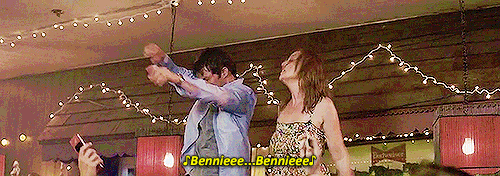
My guiltiest of guilty pleasures: Romantic Comedies. Not that I’m guilty about my love for Romantic Comedies (though being male, society would probably like if I were guilty). Almost all big name Romantic Comedies prior to 2016 (or even earlier) typically followed a strict guideline in terms of how their stories progressed. Not only that, but they typically followed a strict guideline regarding their character’s gender, sexuality, and race. That shouldn’t be a problem for most individuals. I’m not most individuals, though.
I’m the big G word.
I’m gay. I’m not only gay, but I’m hella gay. I’m a hella gay boy who grew up watching hella heteronormative movies who made great sweeping claims about romance and love. Not only is there a lot to unpack in terms of how that idea of love portrayed in media emphasized toxic masculinity, but there’s plenty to unpack in terms of what the media portrayed on who can love: white, cis-gendered, straight couples. I am only one of those things (one and a half if you wanna be pretentious about my mixed heritage).
I’m not salty about it, though. I’m kind of salty. If I think really hard about it, I’m really salty, so I try not to think about it too hard. I am, however, not salty about Chris Evans in any of these movies because Romantic Comedies introduced me to what a man he is.
Love Behind the Big (Terministic) Screen:
“When I speak of “terministic screens,” I have particularly in mind some photographs I once saw. They were different photographs of the same objects, the difference being that they were made with different color filters,” Kenneth Burke describes his definition and idea behind terministic screens (Burke, 45). It’s a pretty simple analogy and one that works well with describing how we, as humans, view our world. In particular, it gives us a great lens with which we can view media because media is simply a number of filters one on top of the other, both literal and figurative.
Love is one such screen and is described in so many works and movies, but it mostly comes center stage in both movies about love (The Notebook and other Nicholas Sparks stuff) and Romantic Comedies (27 Dresses and a lot of Chris Evans movies). What all of these movies have in common and what’s prevalent in Romantic Comedies is the notion that love is between a man and a woman and if you dare see “a gay” in these movies, they’re typically the main lady’s best friend. Not touching on the fact that they’re typically stereotypes. Moreover, it’s that these movies not only label love as between men and women, but between white men and white women. I mean, name a Romantic Comedy with two black leads that isn’t a Tyler Perry production. Okay, you got me: Just Wright with Queen Latifah was amazing, but so are most of her movies. Regardless of that fact, there’s likely 5 Romantic Comedies that got more praise (they don’t typically get a lot of praise for their predictable and often unchanged format) for every Black Romantic Comedy out there.
Why is that?
It’s because society has labeled love as something that’s white, heteronormative, and cisgendered. And we’re born into that. We look at our movies and our shows and we see a white couple and immediately understand that that’s the American Dream. Any notion of something beyond that, or different to that is often considered ‘pandering’ to a small audience or adhering to a liberal, SJW agenda. Why can’t it just be the fact that there’s all kinds of love out there? And that not all of it is white, straight, and cis?
That’s Pretty Gay Tho
Kenneth Burke defines man as a symbol-using animal, “We must use terministic screens, since we can’t say anything without the use of terms; whatever terms we use, they necessarily constitute a corresponding kind of screen; and any such screen necessarily directs the attention of one field rather than another” (Burke, 50). In this effect, as humans we use language to define certain things and in a more complex realm, we twist language into media and media defines even more things. Language will always remain a tool for humans to define things in our lives, but our mediums are ever evolving and getting even more widespread. It’s why it can be both a boon and a disaster when we use media to define ideas that society has perpetuated and will continue to perpetuate until humans start defining things differently.
Being the big ol’ Gay has been on the negative end of this desire to provide a lens for certain kinds of perspectives. Homosexuality is defined as less than men, not even men, but also as a tool for the white woman to satisfy the needs her other female friends can’t and certainly not her love interest. But, furthermore, homosexuality has its spot in the media: tragedies. Because what is being gay if not either a walking neon sign or a big ass tragedy. There’s a reason a media trope has been named after us: Bury Your Gays.
Bury Your Gays, as defined by TV Tropes, “Often, especially in older works (to the extent that they are found in older works, of course), gay characters just aren’t allowed happy endings. Even if they do end up having some kind of relationship, at least one half of the couple... has to die at the end” (TV Tropes) And the quote it takes from The Guardian discussing A Single Man nails the trope right on, “Colin Firth simply drops dead for no reason. Presumably Overwhelmed by sheer homosexuality, his heart can no longer keep beating. Beware, non-heterosexuals: Sudden Gay Death Syndrome can strike anywhere” (Rawson).
To slam that nail right into the coffin, TV Tropes has an entire list and descriptions of how this happens in various forms of media from Anime and Manga of all things to Video Games. It happens everywhere and it’s frankly tiring. Why does my life have to be a tragedy? I’m not a tragedy. I don’t come from an abusive family. My mom and dad are conservative Republican assholes who I haven’t come out to, but they wouldn’t suddenly hate me and kick me out. My life is average. My life is full of love. And I don’t want to die. Why can’t movies show that to me? If life really does get better, then why isn’t media showing me that I, a Filipino Mid-Western Homo, can find love and the hilarity of life just as easily as the white straight man or woman?
It’s 2018 and society is just now deeming it okay to put funny gay love stories on the big screen.
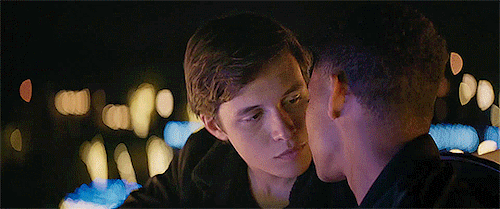
Love Simon just released this Spring and it was the type of mediocre Rom-Com I was looking for. Well, it wasn’t mediocre, I actually loved it... but I can’t be asked about the quality of a film I’m so biased over. I can’t critique the film because I’m just too happy that I can see a part of myself in it. That I can laugh and laugh and not worry about sobbing sad-angry tears in the end because the main character or his/her/their love interest has just died of AIDS... again. Those stories need to be heard, yes, but not in such a way that we aren’t allowed to see other, happier versions of our stories.
And then we have the fact that not many of these Rom-Coms show diversity. It took 2018 to put a big Asian cast on the big screen (no, Scarlett Johansson is not in this movie).
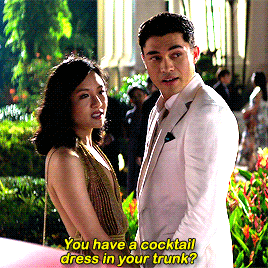
There’s a lot to unpack and it’s hard not to be passionate and angry about it. It’s about time that these movies are seen and that they battle the terministic screens we grew up with, that our parents grew up with, and their parents before them. This idea of the American Dream isn’t just white anymore and it isn’t very realistic either. Where is the other half of my two-and-a-half kids? Why is a kid only half a kid? I know it’s some weird average based on statistics, but that’s just so weird to say.
But, regardless, terministic screens can be used to our advantage and they’re necessary in our every day lives. We need to set terms and we need to see them through specific lenses, but sometimes we need to see them through multiple lenses. You show Andy Warhol the same picture in different sets of colors and he’ll display all of them. So, why can’t we do the same thing? Why does there only have to be one set of terministic screens in which we are taught is the normal and everything outside of it is other, is tragic, or is not worth telling? Love isn’t just white. It isn’t just cisgendered. And it isn’t just straight. Love comes in many different shades and its about time that Rom-Coms realize that and show use the hilarity of a transgender protagonist without making their gender the butt of every joke. Or an overweight protagonist. Or a bisexual protagonist. Or an older woman as a protagonist cause old people can still fall in love and they’re still beautiful, thank you very much Hollywood. Of all things that we need to broaden the screens for, Love falls under that category.
Just stop killing the gays off please. Please. And please let Chris Evans play a gay protagonist... it’s the one thing I hope for before I die.
Works Cited Stuff
Burke, Kenneth. Language as Symbolic Action. Empire State College, State University of New York, 1973.
“Bury Your Gays.” TV Tropes, tvtropes.org/pmwiki/pmwiki.php/Main/BuryYourGays.
Rawson, James. “Why Are Gay Characters at the Top of Hollywood's Kill List?” The Guardian, Guardian News and Media, 11 June 2013, www.theguardian.com/film/filmblog/2013/jun/11/gay-characters-hollywood-films.
#rom com#romantic comedies#terministic screens#analysis of love#school project#love simon#crazy rich asians#27 dresses
8 notes
·
View notes
Text
The Greeks Developed More Than Scandalous Student-Teacher Relationships... (kind of... a little bit more)

Fig. 1
Rhetoric is a big ol’ word that means a lot of things, mostly bad things. In essence, the regular Joe Shmoe knows very little about rhetoric outside of how politicians utilize it. To the average individual, rhetoric is as empty as the promises a president gives on their campaign trail. Much less, us college students and English majors probably don’t know rhetoric beyond this, especially just starting out. But, as English majors, we use rhetoric very often in our lives and in what we write.
So, if rhetoric isn’t just a tool politicians use, then what the hell is it?
Rhetoric is hard to pin down and its definition varies from one person to another, as well as its uses. The Greeks valued oral speech and utilized rhetoric in large theatres full of audiences or in forums where they discussed ideas and did all that democratic shit. Today, we see rhetoric utilized everywhere in different ways, using different methods from Sophistic to Aristotelian to Platonic. It’s just a matter of identifying what is rhetoric, that it isn’t really bad, and what kind of epistemology are they using. Rhetoric itself is just a mode of a language, of which can be seen and defined in various ways depending on the person (Lee).
More in depth, the use of rhetoric and it’s ‘origin’ can go back as far as the Greeks. Lots of western thinking comes from the Greeks and Romans. Particularly, three branches of rhetoric came from Greek minds: Sophist, Platonic, and Aristotelian. Each has their own epistemology, or theory of knowledge, concerning rhetoric, its uses, and whether or not they even dug it.
Knowing what these guys thought is not only cool, but it opens up a vaster idea of what rhetoric is and how we utilize it every day. It’s not just something politicians use, but is a staple in our essays, articles, and various other modes of writing. It’s just not that obvious at first glance.
The Sophists
The bad boys of rhetoric. Not in the sense that any of the individuals who labeled themselves as a Sophist were in any way rebels and rule breakers, but more so that they had their small moment to shine before everyone shit on their ways of thinking.
To a Sophist there were no absolute truths

Fig. 2
Ignoring the fact that the Jedi themselves believe in absolute truths
The Sophists believed that truth was a social construct. We perceive our own truths and, in essence, tailor our rhetoric to convey that. Sophists believed in building upon our own illusions with different ones—dissoi logoi (Bizzell and Herzberg 47). It’s the Greek way of saying: walk a mile in their shoes. There was always a time and place to utilize this in order to better sway an audience.
Essentially, Sophists saw rhetoric as a tool to use in order to get their way. In the bad version of thinking, this opened up a can of moral worms. With no absolute truth, individuals could construct their own moral principles and utilize rhetoric in a way that benefits them while harming others. Honestly, that’s why a lot of people thought they sucked. When you use rhetoric to get a gold statue of yourself and evade taxes, it doesn’t really help prove your point Gorgias (Smith 44-45).
Not many people like Sophists, as indicated by a vast majority of history, but, hey, my Rhetoric and Writing professor says they’re making a comeback (Lee). Maybe now’s a time to come out to your parents and live your best truth, right? Don’t ask me for advice, though, ‘cause my parents don’t even know my own sexuality.
Platonic
You might know these guys from a philosophy 101 class; they’re pretty famous, maybe in part cause they slammed the Sophists so hard you probably couldn’t really name one off the top of your head.
Unlike their Sophist adversaries, both Plato and Socrates valued the idea of absolute truth . In fact, Plato has an entire allegory to help further the understanding of his own point. You might have heard of Plato’s cave. Wait till you get a load of:

Fig. 3
Plato’s entire idea of our world and how we perceive it comes from a theory about the World of Forms, as he calls it. In his allegory, Plato describes a cave of people who can only perceive the world in the form of shadows. One dude gets out into this other world and is surprised to see that shit isn’t how he once understood it. Too bad he can’t tell his friends cause they don’t know what the hell he’s saying or who he is other than a weird shadow (Lee).
In other words, all of our knowledge comes from this other world and in the material world we can’t understand that. The goal both Plato and Socrates have is getting to this bank of knowledge in as pure a form as we can. They valued morality a lot, which is in part why they didn’t really like the Sophists and by extension rhetoric (Smith 49-50).
So why are they considered a part of rhetoric? Well, what they did was very much rooted in rhetoric, they just didn’t call it that. Socrates called his teaching method dialectics, which is essentially a one-on-one between him and another person wherein he acted liked a dumbass and asked ‘why?’ a bunch. In a less casual way, dialectics acted as platform to learn more from one another; it dissected a field one thought they were an expert in until they realized that they know nothing and perhaps looked at their ideas differently. That was Socrates big thing: y’all know nothing. Which, in relation to their epistemology, is very true. We can’t really know anything until we get back to that world of forms (49).
Dialectics is essentially just another name for fancy rhetoric ‘cause boo Sophists, they’re dumb and they suck. In part because dialectics itself, in a vacuum, assumes that both individuals are equal, but can often be used to persuade an individual that their idea isn’t all that or their way of thinking is wrong. Since humans aren’t perfect, the whole idea of dialectics can just be one, big, sarcastic power trip (Lee).
Aristotelian
Which leads us to our final boy: Aristotle. Unlike Plato and Socrates, whose ideas of another, immaterial world is very much akin to many religions and is more spiritual, Aristotle was more grounded in the reality he could perceive. What we could observe with our senses make up his absolute truth. He was a science man, basically (Smith, 66).
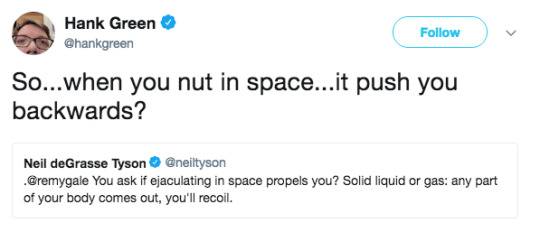
Fig. 4
We always ask if we can... but do we ever ask if we should?
Other than his main epistemology (absolute truths come from observations of the material world), Aristotle is most known for his main theories behind rhetoric, the Artistic Proofs: ethos, pathos, and logos. These appeals make up much of our rhetoric today, from advertisements to the speeches our representatives give even to the methods our professors teach (Bizzell and Hersberg 171).
Ethos deals with credibility. When we think of ethos, we think of what makes up the speaker or writer, who the hell they think they are and what they do best. If you have a Ph.D in the given field you’re talking about, chances are people might listen to you. Unless you’re audience is full of anti-vaxxers, then those 40 years of your life in medical school suddenly mean nothing (Lee).
Pathos deals with emotion, something a lot of people tend to do these days. Emotion is an easy thing to manipulate and folks tend to take advantage of that fact by evoking certain topics: veterans, victims of shootings, that Sarah McGlachlan song with all those poor puppies and kittens—you know the one. In the aaaarms of an angel... yeah that shit hits you right in the feels. It makes you feel bad for not donating or it makes you feel empowered and taps into that raw passion you feel. Lots of rhetoric does this ‘cause it’s often the easiest, even when it’s the most obvious thing (Lee).
Then there’s logos, which appeals to logic. You got your common sense and stuff that you back up with facts and figures. They’re the deductive arguments, which are things we presume to be true like: killing people is bad, Rob killed a dude, therefore Rob is bad (Bizzell and Hersberg 171-172).

Fig. 5
All These Greek Dudes Tho
They all make up the basis of rhetoric and the many epistemological ideas that we still attribute to rhetoric and utilize to this day, even if we don’t know we’re utilizing rhetoric.
Of course, sadly, none of these dudes liked the Sophists (except maybe Aristotle, maybe not) and therefore, not many of them liked rhetoric even if what they did was rhetoric in their own sense. But, even then, many of today’s uses of rhetoric do tend to combine all these modes of thinking.
Even if Sophistic thinking was looked down upon in the ancient Greek days, the way they observe and perceive the world mingles with Aristotle’s own ideas behind rhetoric. We all observe our truths, but Aristotle simply believed there are absolute truth’s in our observable world. In that same factor, Aristotle, in some way, married these two schools of thought together without just copying their ideas. Being the last of the bunch and the youngest, probably, he had a lot to build from.
To the sophist rhetoric was a tool. To Plato and Socrates, rhetoric was that evil thing used to persuade others in a malicious manner (but can be used righteously, as long as you aren’t a dirty Sophist) (Smith 66). Those two valued dialectic and the pursuit of knowledge through questioning and admitting that we know nothing. Aristotle, though, believed that rhetoric and dialectic could play off of each other. Knowledge needed a platform to be heard after it had been thoroughly dissected through dialectics and that platform was rhetoric (Filiquarian 7).
We see that in scientific queries and theories. The gathering of knowledge through experimenting, then typing all of that data up to show why the hell it’s important and they deserve more grant money.
There’s many ways these ideas can play off of each other, but the main thing is that much of rhetoric tends to deal with persuasion, or solving something or even just proving something. A lot of the tools these individuals used are all ways that one could persuade an audience, whether that be through ethos or the use of dialectics or convincing someone that their truth is wrong and that this is the truth they should believe in.
Of course, there’s many ways to go about that and much of it comes down to whether you believe in absolute truths or not. Or whether those absolute truths deal with a realm beyond our own or the material world we live in. The foundation we leap from develops our mode of thinking and how we aim to use rhetoric in the long run.
In Conclusion
Rhetoric is a complex and somewhat of a chaotic thing, but there are different categories in which we can classify certain rhetoric devised by the thoughts and ideas of our Greek friendos. And a lot of deals with truth and how we perceive the truth, whether it’s absolute or not, and whether it’s otherworldly or worldly.
Rhetoric is a strong tool and skill that comes in handy in our everyday lives and knowing the foundation of where that knowledge comes from aids us in figuring out how to utilize that tool effectively. So it’s more than just empty and more than just the bad that we see detailed on our television screens. It’s in our newspapers and articles, the scholarly papers we read, and even in how we talk about certain things to certain people.
Works Cited
Fig. 1. Johnson, Harry J. Temple of Aphaea in Aegina, Greece. Oil on Canvas. <http://www.artnet.com/artists/harry-john-johnson/temple-of-aphaea-in-aegina-greece-GhlRGGaIy9s7SXv7lEEJxQ2>
Fig. 2. Only a Sith Deals in Absolutes. <https://gifimage.net/only-a-sith-deals-in-absolutes-gif-4/>
Fig. 3. HOAG. Plato’s Rave. <https://www.teepublic.com/t-shirt/2552076-platos-rave>
Fig. 4. Green, Hank. Tweet. <https://knowyourmeme.com/memes/when-you-nut-in-space-it-push-you-backwards>
Fig. 5. Cucurg. Cool Motive Still Murder. December 31, 2014. <http://cucurg.tumblr.com/post/106724297942>
Bizzell and Herzberg. “Gorgias.” Classical Rhetoric.
Bizzell and Herzberg. “Plato.” Classical Rhetoric.
Bizzell and Herzberg. “Aristotle.” Classical Rhetoric.
“Aristotle.” Rhetoric Book I. Filiquarian Publishing, LLC.
Lee, Rory. Intro to Rhetoric and Writing ENG 210. Class Lecture.
Smith. “Socrates and Plato.” The Greek Sophistication of Rhetoric from Thales to Plato.
Smith. “Gorgias.” The Greek Sophistication of Rhetoric from Thales to Plato.
Smith. “Aristotle’s Rhetoric.” Rhetoric in the Ancient World.
0 notes
Photo
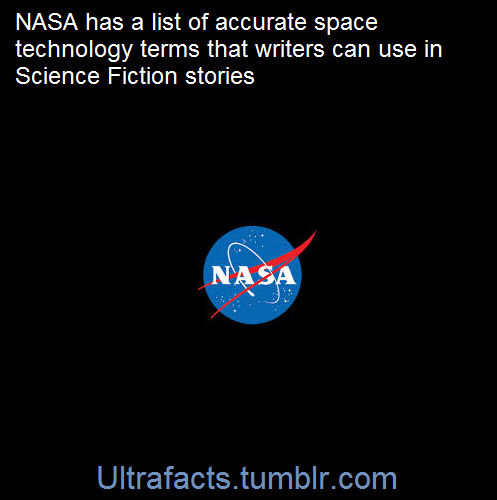
For any writers: http://er.jsc.nasa.gov/seh/SFTerms.html
For more facts, follow Ultrafacts
80K notes
·
View notes
Photo

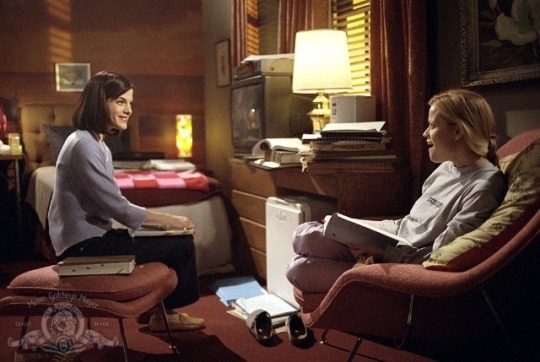

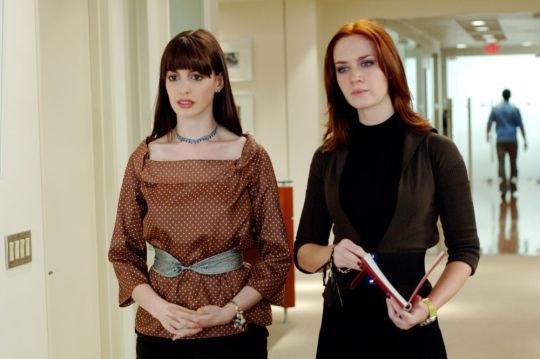
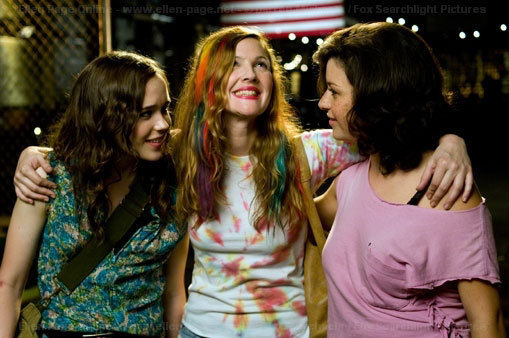
“hey, what are the top five movies that should have been about women falling in love with women that instead have het romances that make no sense?” thanks, me, i’m glad you asked
66K notes
·
View notes
Photo
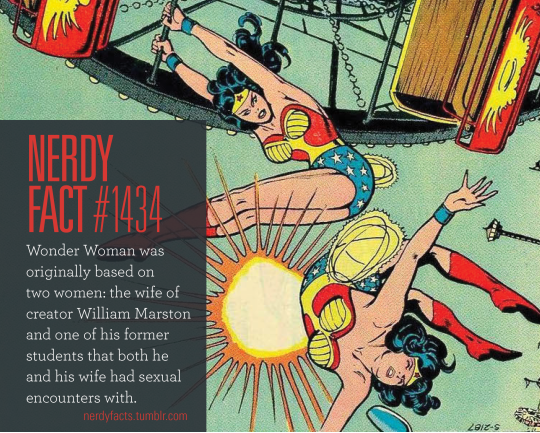
Nerdy Fact #1434: Wonder Woman was originally based on two women: the wife of creator William Marston and one of his former students that both he and his wife had sexual encounters with.
(Source.)
187K notes
·
View notes
Text
i love how if ya just throw a faded black and white filter over any still of John Mulaney in “The Comeback Kid” he looks like some peppy all-American 50s tv show presenter



96K notes
·
View notes
Photo


HELLO 911 I WOULD LIKE TO REPORT AN EMERGENCY
7K notes
·
View notes
Photo

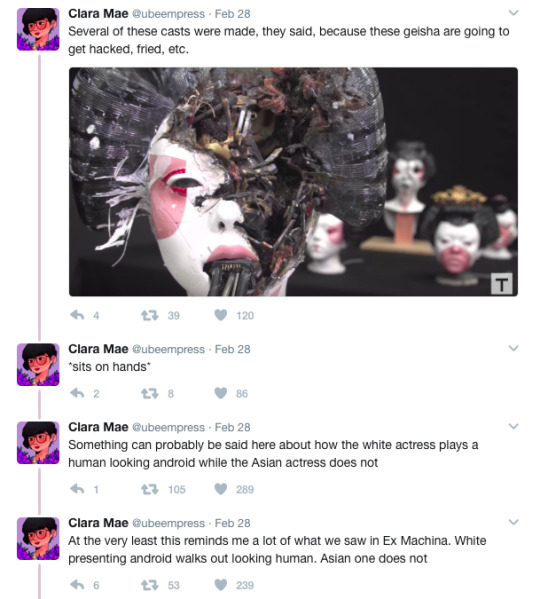
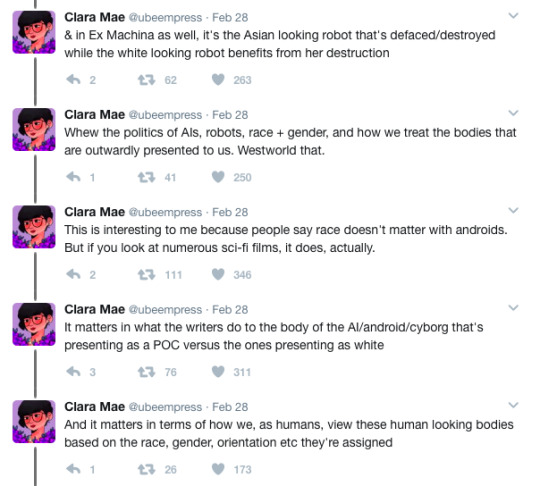

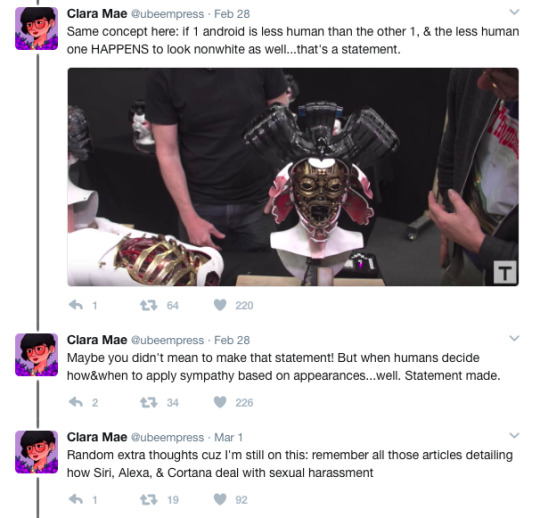
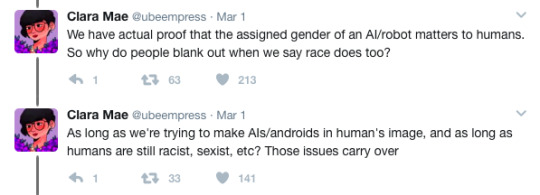
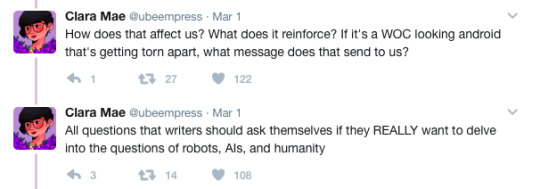
Clara Mae’s brilliant thoughts on race, gender, and AI in film
32K notes
·
View notes




